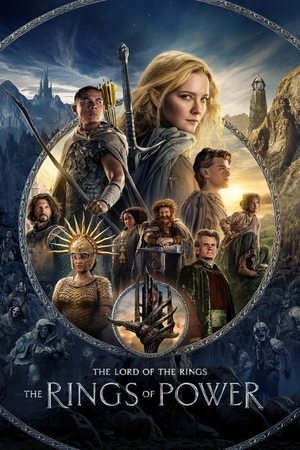1998-01-01
Birth, life and death of the Sun. Interior dynamics, exterior fireworks. Sunspots, corona, solar wind - all about our local star.
1998-01-08
The most comprehensive portrait ever of this scorched little planet. Takes a look at double sunrises, craters, cracks and, incongruously, maybe polar ice.
1998-01-15
Looking at the planetary hell beneath the clouds, the poisonous, crushing atmosphere, seating heats, volcanoes and a runaway greenhouse effect.
1998-01-22
The evolution of the earth and of life, its internal structure, continental drift, day length, seasons, oceans, climate, weather and El Nino.
1998-01-29
The story of the Moon and its birth from collisions, its influence on Earth, Apollo landings and the recent discovery of water.
1998-02-05
Could cold arid Mars be the next place we land? Looking at polar caps, volcanoes, the biggest canyon ever seen and the possibility that Mars once had oceans.
1998-02-12
Bigger than the other planets combined, Jupiter is a turbulent gas giant with 16 moons. We take a voyage through this mini Solar System.
1998-02-19
Exploring the many rings and moons of this exotic gas cloud and a preview of a landing on Titan, a moon like primitive Earth.
1998-02-26
The outer giants. Uranus has a crazy tilt and a chaotic moon called Miranda and Neptune with tempests and a moon spurting geysers.
1998-03-05
Looking at comets and where they originate, the Oort Cloud and the Kuiper Belt and the possibility that Pluto isn't a planet at all (recently declassified).
1998-03-12
Launched into Earth orbit, these are the satellites that monitor the health of our planet. Looking at the ozone, the melting ice-caps, weather, deforestation and navigation.
1998-03-19
Human space exploration, from Yuri Gagarin's first orbit of space to the race for the Moon and the Apollo landings.
1998-03-26
Living and working in space, triumphs, tragedies and everyday practicalities on the Russian space-station Mir and America's Space Shuttle.



















